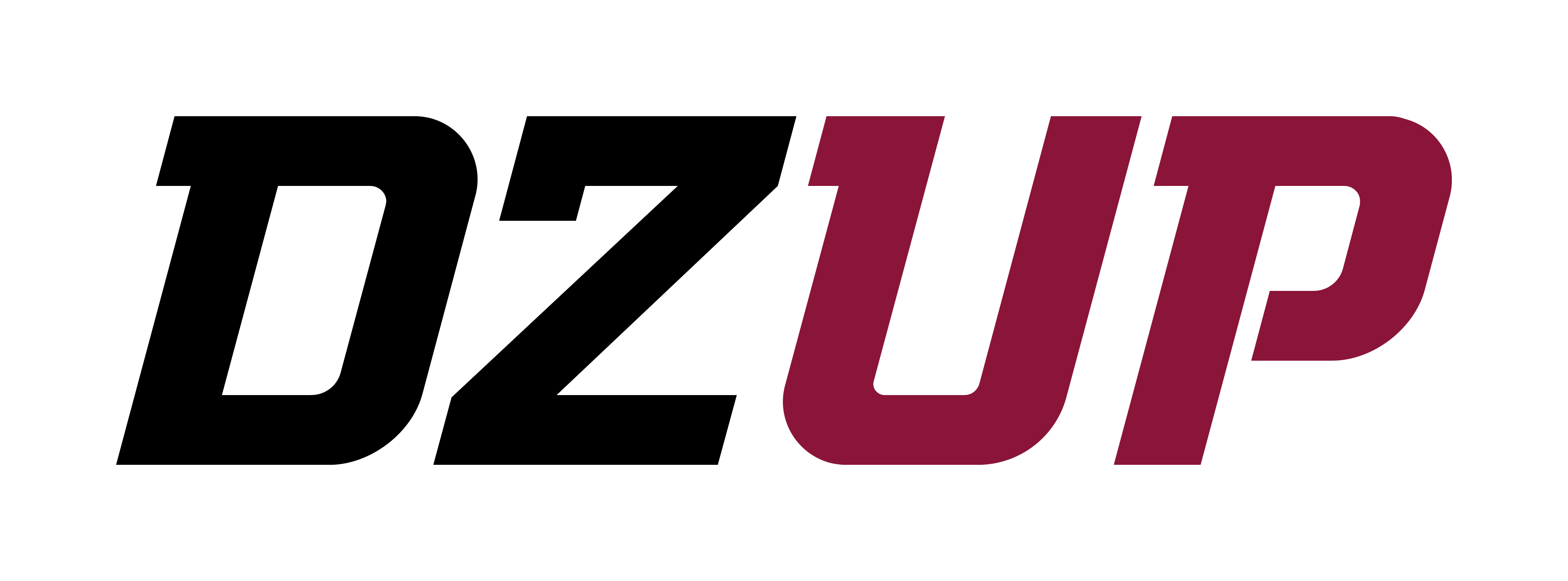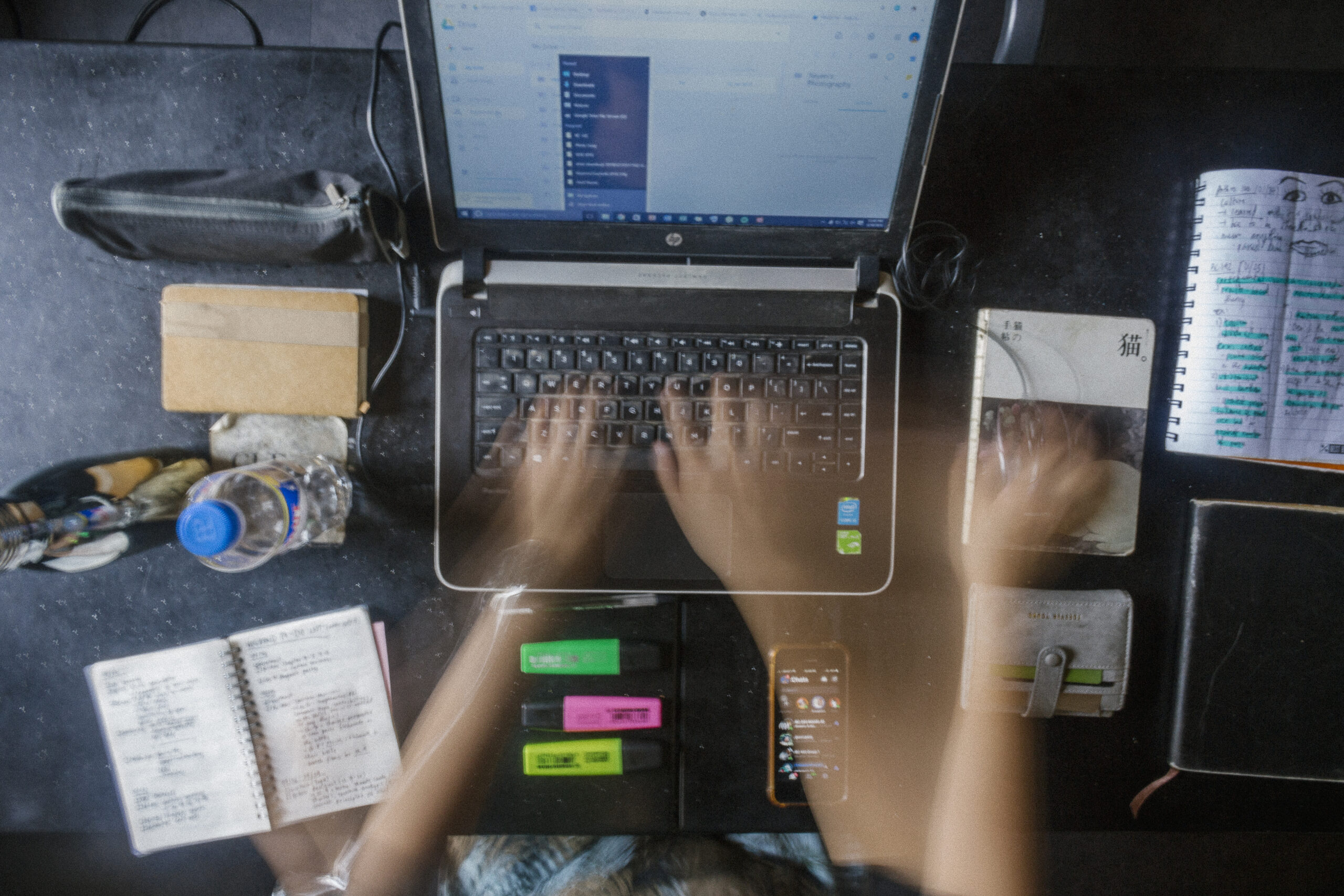Almost two years into remote learning, UP Diliman students begin to set their eyes on the nearing possibility of returning to the campus.
When Metro Manila was placed under Alert Level 2 on Nov. 5, Commission on Higher Education (CHED) Chair Prospero De Vera announced that tertiary institutions may begin preparing for limited face-to-face classes.
READ: CHED bares conditions for face-to-face classes under Alert Level 2 – DZUP
On Nov. 29, UP Diliman Chancellor Fidel Nemenzo approved the guidelines for limited face-to-face classes for graduate and graduating students that were submitted by the UPD Face-to-Face Ad Hoc Committee and the Office of the Vice Chancellor for Academic Affairs on Nov. 24.
The announcement came amid an ongoing request forwarded by the University Student Council (USC) on Nov. 25 to publicize the proposed guidelines and conduct a consultation with the student body before its approval.
READ: Guidelines para sa limited face-to-face classes sa UPD, aprubado na – DZUP
In a statement, USC Chairperson Jonas Abadilla called the approval “problematic” because the guidelines have not gone through proper consultation before approval. Additionally, he said that the graduate and graduating students concerned were also not informed of the guidelines before they were approved.
“This is not the Ligtas na Balik Eskwela Campaign we are talking about,” said Abadilla. “We need policies and guidelines that will be consulted thoroughly first to the biggest stakeholders of the University, the students themselves.”
Struggles and uncertainties
When approached by DZUP, UPD students using the online mode of learning have reported experiencing heavy academic workloads and internet connectivity issues. Other students also said that they have inadequate learning spaces.
Moreover, the respondents’ average score when asked to rate their overall experience in the remote learning setup is an underwhelming 5 out of 10.
Hanna*, a third-year Broadcast Media Arts and Studies major at the College of Mass Communication, shared that online learning has brought both negative and positive effects on her academic performance as someone with a psychological disability.
“Having OCD (Obsessive Compulsive Disorder) prevents me from listening to people in face-to-face classes,” she said. “Surprisingly, asynchronous sessions are better for my mental health since I just read and create outputs. But when the asynchronous outputs are fast-paced or when the synchronous sessions are not recorded, I have trouble keeping up with academics.”
On the prospect of conducting limited face-to-face classes next semester, the respondents were either against the idea or still unsure of its feasibility.
Among key reasons cited were health-related concerns, lack of concrete plans for the face-to-face classes setup, safety and availability of public transportation, and unaddressed issues in the national government’s pandemic response.
Respondents were also asked to offer their personal suggestions and recommendations to ensure the safe conduct of limited face-to-face classes in the university.
Students stressed the importance of having concrete plans prior to any face-to-face class activity, ensuring proper ventilation in classrooms, providing transportation and housing accommodations for those living in far-flung areas, and only opening limited face-to-face classes for graduating students as an urgent priority group.
Preferred learning setup
Most of the respondents selected a blended learning setup, which combines online and face-to-face modes of instruction, as their primary preference moving forward.
However, further delays in the resumption of face-to-face classes will significantly affect students with studio and laboratory classes, among others.
UPD student Camille* bared existing doubts on whether face-to-face classes can be conducted safely on-campus.
“I’m still unsure of what exactly I prefer because I do want to be able to experience [face-to-face] classes again, but I personally am scared [that] it might cause a spike or increase in [COVID-19] cases and I also won’t be able to keep up with the demands of [face-to-face] classes,” she said.
Furthermore, Alex* cited personal and family health concerns as a significant hindrance in seeking to return to a face-to-face learning setup. Meanwhile, Anne* lamented the worrying inexperience of students in crucial studio and laboratory classes.
Hanna, whose mom lost her job during the pandemic, also worries that the additional expenses in transportation would take a toll on their already depleted finances.
“It wouldn’t be worth it to go back for face-to-face classes just for a few hours every week, especially with additional expenses such as dorms which will take a toll on our savings,” she said.
On Nov. 30, the USC together with the Rise for Education Alliance – Diliman (R4E – Diliman) released a seven-point demand for the UP administration as it finalizes guidelines on resuming physical classes.
Leading these demands is the call to include student representatives in the policy-making process of guidelines for the return to face-to-face classes.
Here is the full list of student demands:
- Inclusion of a student-represented committee in the policy-making body of face-to-face guidelines
- Implementation of blended learning
- Support the needs of students, faculty, and staff for physical, mental, and emotional health.
- Retrofitting and utilization of university facilities and equipment
- Genuine academic easing
- Student assistance for finances, housing, and transportation
- Ensuring the democratic rights of students, faculty, and staff
The student organizations also proposed a #LigtasNaBalikEskwela roadmap that “provides specific guidelines and guidance for the safe and gradual resumption of classes.”
The 30-page roadmap includes complete frameworks for the safe and gradual resumption of classes, campus traffic management, academic and face-to-face class activities, policies on curricular adjustments, academic ease, scholarships and school fees, and community rights and welfare. DZUP
Written by Ingrid Alexandrea Delgado and John Mark Garcia
*Respondents asked for their identities to be hidden

